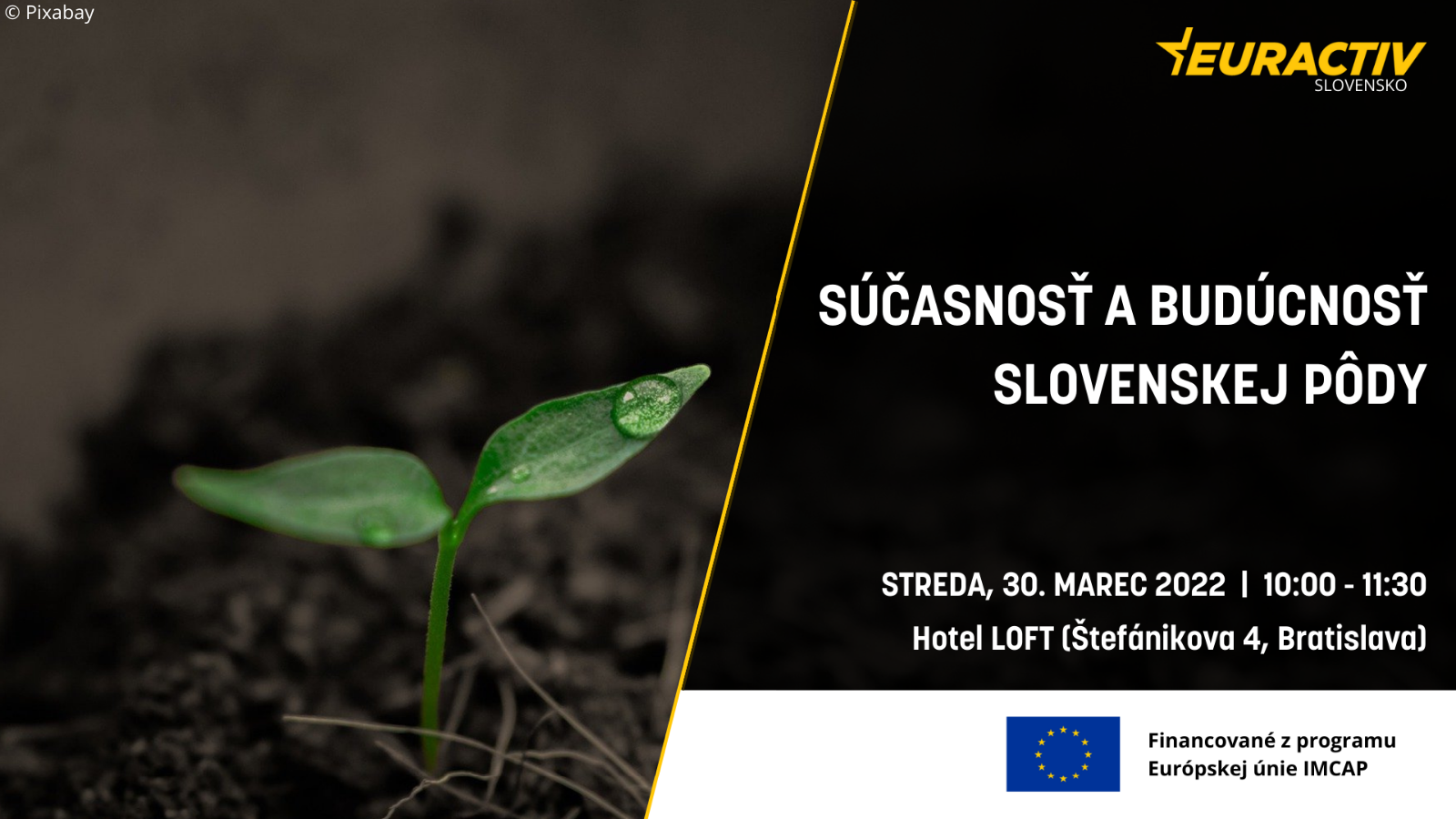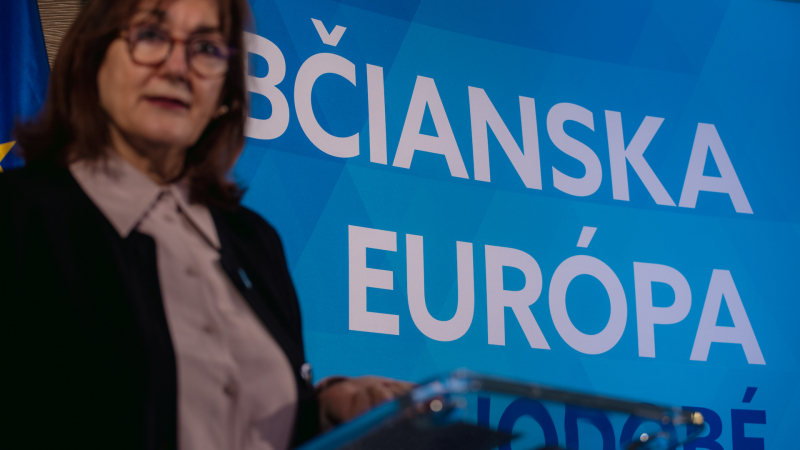- Category: Video
Today's circumstances will change the conclusions of the Conference on the Future of Europe. We can already see a change in rhetoric, European deterrence has become European defence, says Slovak Prime Minister EDUARD HEGER in an interview.
- Category: Video
The Czech Republic will hold the Presidency of the Council of the EU in the second half of 2022. On 9 May, the Conference on the Future of Europe, which is to draw up a roadmap for EU reforms based on citizens' demands, ends. What were the conclusions of the conference in the Czech Republic and how do Czech experts see their country's role in implementing the ambitious demands?
- Category: Video
Slovaks want to see a more engaged Union and to be more informed about its activities. An unresolved issue is the involvement of marginalised communities and other minorities in discussions on the bloc's reforms. These are also the findings of the Conference on the Future of Europe, in which Europeans have the opportunity to say what kind of Union they want. EURACTIV Slovakia asked relevant stakeholders how they assess the first half of the Conference.
- Category: Video
The theme of climate change, environmental protection and biodiversity resonates strongly in public discourse across the Member States of the European Union, and the Conference on the Future of Europe is no exception. Issues related to the environment and climate change were also identified as one of the EU's biggest current challenges and priorities by respondents during the Future of Europe Roadshow in Slovakia, organised by the Ministry of Foreign and European Affairs of the Slovak Republic. Participants sought answers to the questions of whether the EU has strong enough tools to deliver a sufficiently ambitious climate agenda and meet the expectations of its citizens, and whether we can secure funding for a green transformation in a way that does not jeopardise our global competitiveness. They also reviewed the recommendations of the European Citizens' Panel Discussion on Climate Change, Environment and Health.




